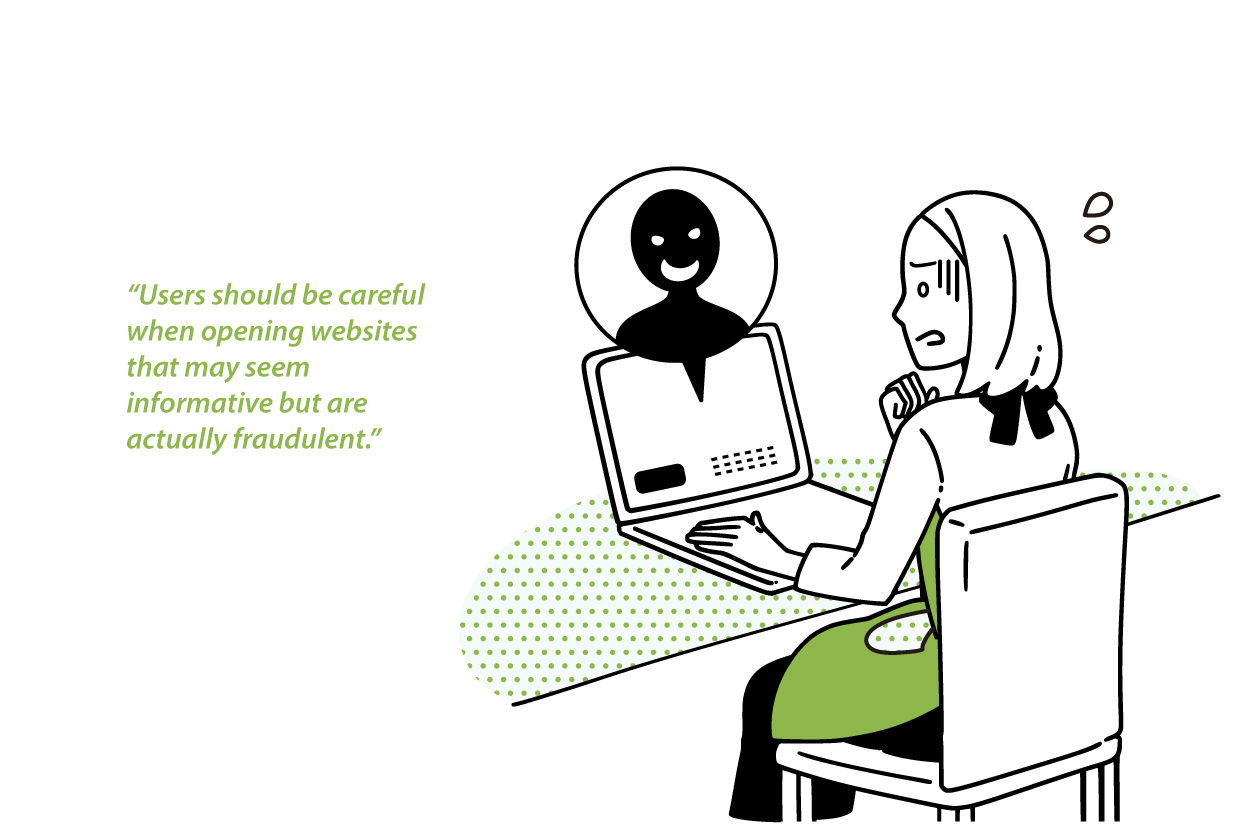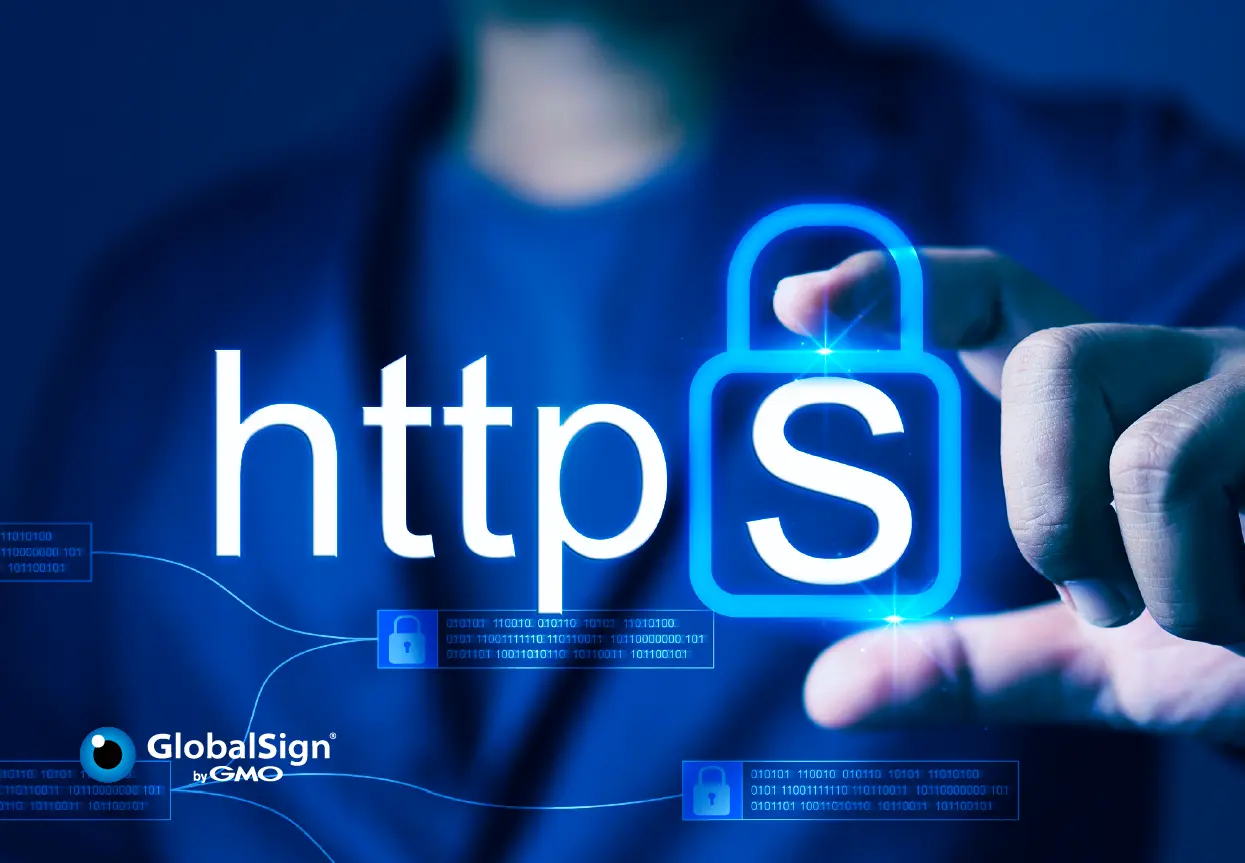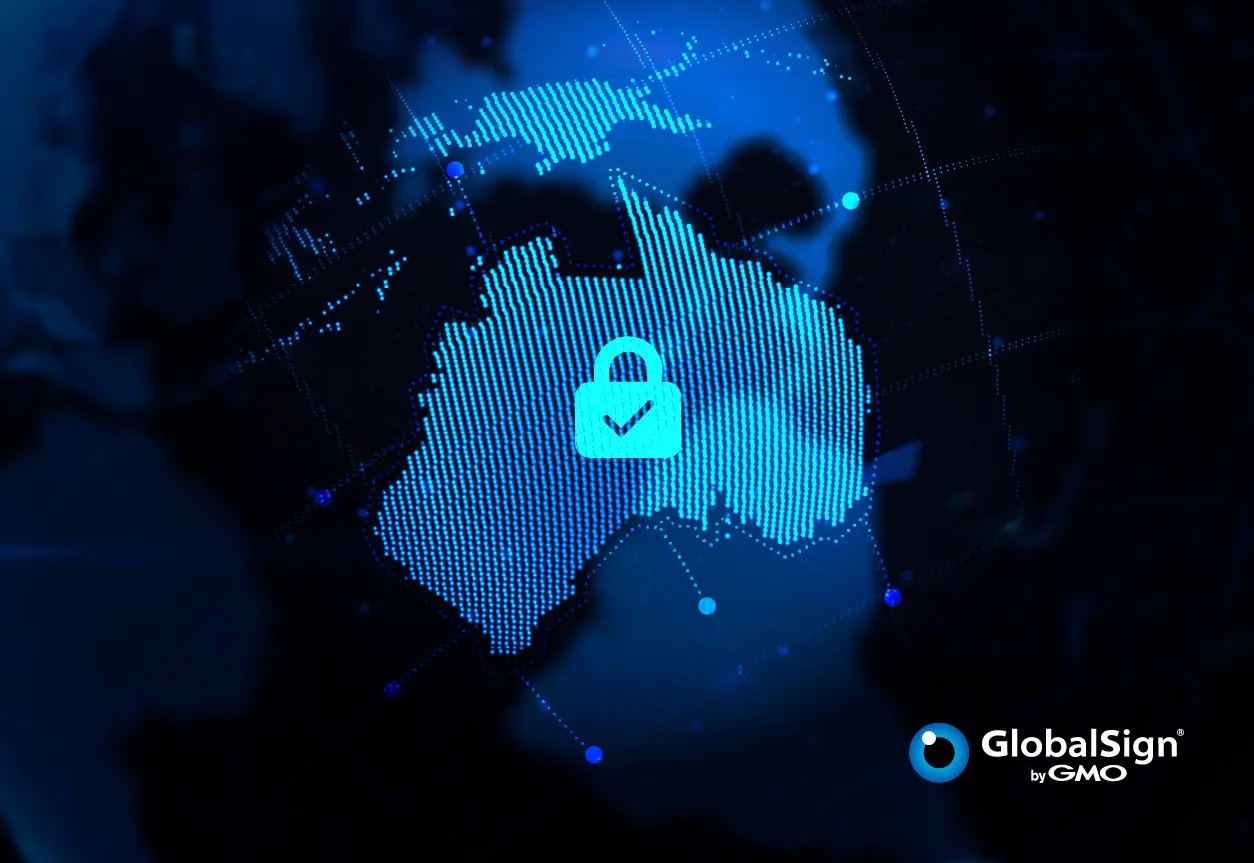In a period where the number of hacking attempts and fraudulent activities are rising with each passing day, website owners and online users are becoming increasingly concerned about their online protection. It has now become necessary for all website owners to have an SSL/TLS certificate installed on their online platform. SSL/TLS certificates are an invaluable tool for web security that also helps to improve your search engine rankings.
"Secure Sockets Layer" or SSL was initially designed to prevent the unauthorized access of data out in the open. However, since SSL has become vulnerable to the increasing demands for protection, it had to be improved. For the tech-savvy, terms such as SSL and TLS are often used, TLS stands for “Transport Layer Security”, which is a stronger and more stable protocol technology that replaced SSL. Even if SSL is now deprecated, its name on digital certificates remained attached, mainly because of user familiarity. Because of this, the terms SSL and TLS have become interchangeable. SSL/TLS protocol is the most widely used technology in online businesses to secure electronic transactions and applications thereof, and its reputation as an internet and website security standard is perhaps the most recognizable accomplishment of the information security (IS/InfoSec) industry.
Thanks to SSL/TLS, there is an extra layer of security for websites; helping guard against potential security breaches. At its core, SSL/TLS helps create an encrypted channel of communication that provides effective security for web transactions.
Since the boom of the Internet, we have made astonishing technological advancements in such a short period of time. However, with every security protocol our society produces, there are people out there that have already come up with ways to break in.
Online hackers and threat actors are the villains of the Internet sphere. Unfortunately, it is ridiculously easy for anyone with an Internet connection to become a victim of hacking. According to Forbes, an average of 30,000 new websites are hacked every day for which, data breaches exposed 4.1 billion records in the first half of 2019 alone. This is a bad day for your average user but an absolute nightmare when you are the CEO of a company.
Hackers exploiting coronavirus outbreak
As security evolves, so do threat actors. Recently, threat actors have been using the coronavirus scare to create fake URLs. Coronavirus-themed websites are currently in the works of attempting to lure visitors into downloading malicious software onto their computer. Users should be careful when opening websites that may seem informative but are actually fraudulent.
Various phishing emails have also been sent to unsuspecting users, and among them include a phishing email from a hacking group called TA542 in Japan, spreading malicious links and PDFs that they claim will help the users keep themselves safe from contracting the virus. Once the attachment is opened, the application launches an "extremely malicious form of malware known as Emotet, which is capable of stealing valuable personal information like login details for banks."
Ironically, scammers are using people’s desire to precaution themselves against the coronavirus as a means to infiltrate and potentially spread a computer virus to the user’s computer.
It is important to take precautions in real life and in cyberspace to ensure that people do not fall for this scam and let in any type of 'virus', physically or digitally.
Paid vs Free
There are two ways to acquire TLS certificates: paid and free. For small companies or professional freelancers who do not want to pay if they don't have to, a free TLS certificate may seem to be the more viable option. And while a free certificate can give you security similar to a paid TLS certificate, it does not come without a few caveats, but we’ll get into that later. Understand, though, that it is advisable for small businesses to take as much precaution as their bigger counterparts, as half of all Cyberattacks are targeted at small businesses.
Why You Should Trust Websites with Paid SSL/TLS Certificates
It is important to secure your website from a trustworthy CA to ensure credibility with regards to TLS security. Credibility and trustworthiness are very important for customers. It is the driving force that can make or break a transaction within your website, and a way to help customers develop trust in your brand. On the contrary, a website with a TLS certificate that was not acquired from a trusted CA automatically raises a red flag and should be taken with caution. While free TLS certificates sometimes do the job, they do not provide the same assurance as their paid counterparts.
Why Businesses Should Always Go For Paid SSL/TLS Certificates
Instead of going with a free version, the main reason to pay for a TLS certificate is the liability protection. Much like an insurance, paid TLS certificates protect you from any liabilities that could potentially hurt your business. In the event that anything goes wrong with the Certificate Authority's end, you're covered by your warranty. Free certificates don’t offer the same advantage. This is especially important for ecommerce services where clients enter sensitive information, such as credit card numbers and addresses. Moreover, paid certificates give you the option of choosing 1-year or 2-year validity while free versions only give up to 90 days.
Lastly, for those startup websites that don’t have a lot of technical experience, opting for a paid TLS certificate might be the best option to ensure that you will be getting all the help possible in securing your website. Paying for a TLS certificate not only ensures that you can contact technical support with any concerns you may have, but also guarantees that your certificate is properly installed.
GlobalSign offers a range of SSL/TLS certificate options ensuring your public servers and sites are in line with industry best practices, but also offers cost effective-options for internal servers and special use cases. You may visit our official website for more details, or check out our free guide to help you get started on learning what an SSL/TLS certificate can do for your online brand.






